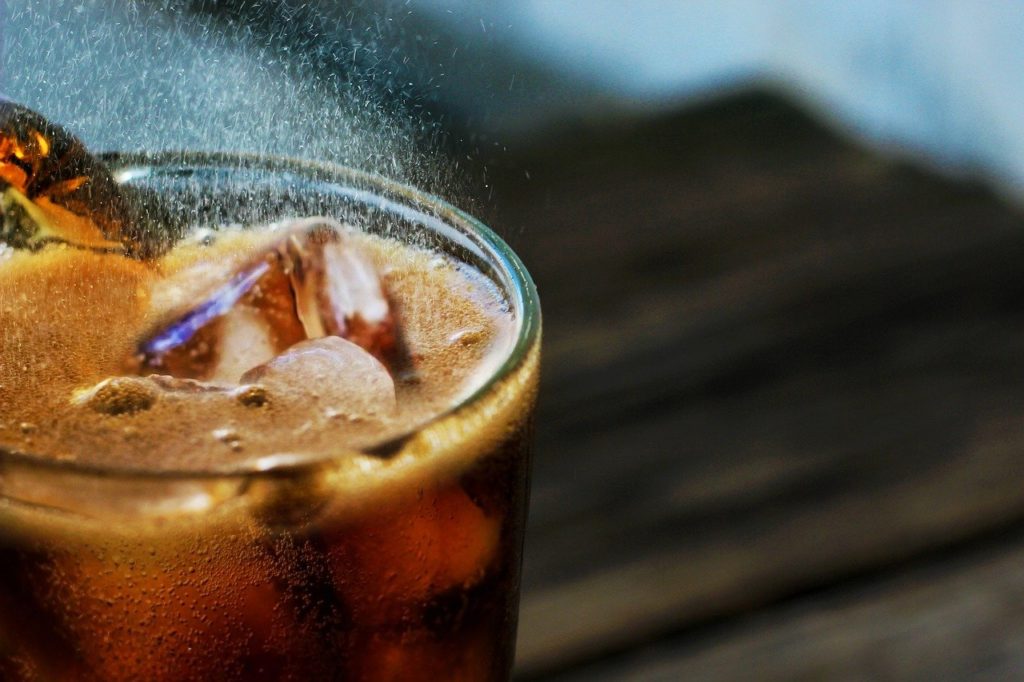
By DeAngelo Mack and Holden Slattery, Public Health Advocates
The science is clear. Consuming sugary drinks like soda leads to many adverse health outcomes, especially in communities of color, where the numbers of diabetes, obesity and heart disease are startling.
From 2014 to 2016, growing recognition of the public health threat led the cities of Berkeley, San Francisco, Oakland, and Albany to reduce consumption of sugary drinks through a local voter-approved excise tax to raise money to invest back into local community health. Nervous about the growing momentum for this common-sense solution, the soda industry in 2018 spent $7 million on a ballot measure aimed at making it harder to pass any local tax. They only agreed to drop the measure through a backroom deal with the state legislature that put a 12-year ban on sugary drink taxes. The Sacramento Bee’s editorial board called it a “shakedown.”
We commend Assemblymember Adrin Nazarian (Van Nuys) for his courage in standing up to Big Soda and introducing Assembly Bill 1163, which would undo the soda industry’s “extortion” and once again allow local communities to reduce sugary beverage consumption. This bill is not a tax; it would allow voters in cities and counties to decide for themselves whether they want to protect public health and raise the funds that their communities desperately need.
In the past year, tragically, COVID-19 has taken the lives of more than 60,000 people in California. Black, Latinx and other communities of color have been hit the hardest. People with preexisting conditions like diabetes, obesity, and heart disease have suffered more serious symptoms and higher death rates. If there was ever a time to repair this damage – to start putting the health of our children and families first – it is right now. Standing up to Big Soda and passing AB 1163 is a fundamental place to start.
Sugary drinks are the leading source of added sugars in U.S. diets, with about 60 percent of children and nearly half of adults consuming them every day. Drinking more than two sugary drinks is linked to weight gain, Type 2 diabetes and cardiovascular disease.
A CDC study found that 40 percent of all children will develop Type 2 diabetes in their lifetime. For Black and Latinx children, the future is even graver with one in two developing it.
Taxes on sugary drinks can reduce consumption of these drinks while also funding crucial and chronic disease prevention initiatives like nutrition education, clean water access and food access programs. Berkeley’s soda tax is raising $1.5 million annually for its residents; Oakland around $7 million; and San Francisco $15 million. Revenues have been directed towards schools and nutrition programs, both of which have served as critical resources for families during the pandemic.
As California counties and cities are considering all options to close their unprecedented budgetary shortfalls and to continue to address the critical needs of community members, the legislature should give municipalities access to every revenue-generating option.
Soda industry lobbyists will surely argue that any new legislation regarding soda tax revenue will hurt businesses and the economy. But the examples we have in place show no such evidence. In a study of California’s cities with sugary beverage taxes, 70 percent of retailers reported that the tax had a minimal effect on their business.
AB 1163 is currently on hold in the Assembly Revenue and Taxation Committee, and Nazarian said he hopes to revive it by April 30 (today), the deadline for policy committees to hear legislation for the year.
On behalf of Public Health Advocates, I urge lawmakers to stand up to Big Soda’s extortion and move this bill forward. It is time to act on the health threats we were facing long before COVID-19 played a part in illuminating them.
